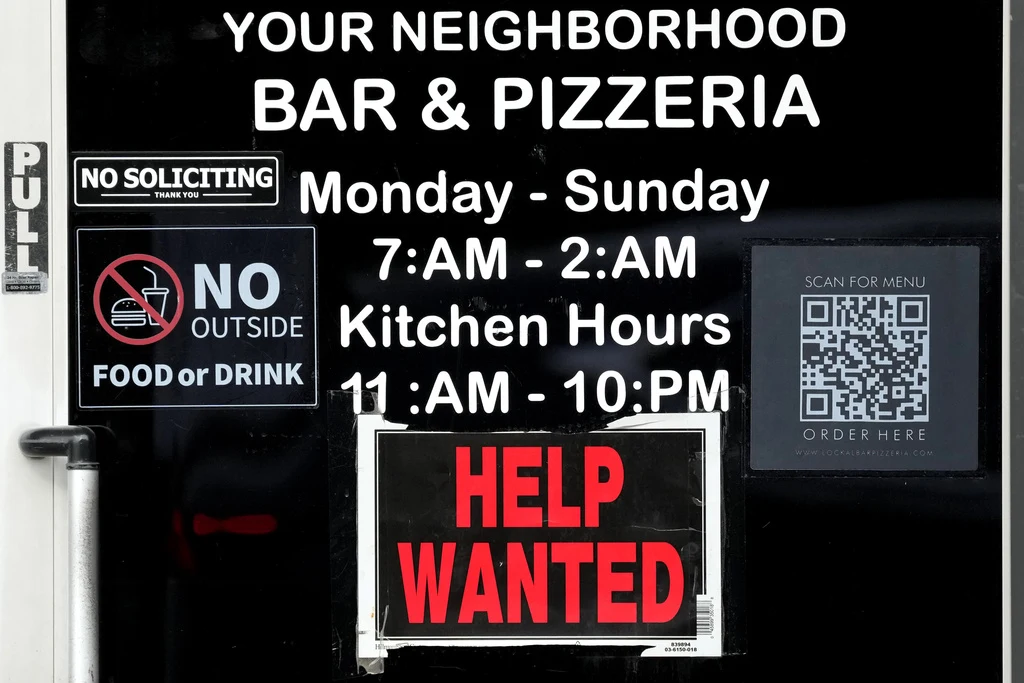The US Department of Agriculture (USDA) recently announced that some frozen ready-to-eat chicken products are being recalled over listeria-related concerns.
In a press release published on Friday, the USDA explained that the Canada-based importer Al Safa US LLC is recalling over 2,000 pounds of chicken kebabs and patties.
Officials are concerned that the food items may contain the bacteria Listeria monocytogenes, which causes listeriosis.
The chicken products were prepared in Canada on June 5 before being imported to the US later that month.
According to the USDA, the two impacted products are the following:
- Al Safa Halal Charcoal Grilled Chicken Seekh Kebab Grilled, Minced, Chicken Patty Kebab with “NOV 30 25” and “0605404” printed on a sticker on the outside of the package.
- Al Safa Halal Fully Cooked Chicken Chapli Kebab Seasoned Chicken Patty with “NOV 30 25” and “0605416” printed on a sticker on the outside of the package.
“The products subject to recall bear establishment number ‘866’ inside the Canadian mark of inspection,” the agency added.
“These items were shipped to retail locations nationwide.”
According to officials, an issue was detected when the USDA’s Food Safety and Inspection Service (FSIS) investigators performed “routine product testing” in an Al Safa facility.
“The results indicated the product may be contaminated with Listeria monocytogenes,” the press release said.
The FSIS asks consumers who purchased the product to dispose of the packages or return them for a refund.
“FSIS is concerned that some product may be in consumers’ freezers,” the statement read.
“Consumers who have purchased these products are urged not to consume them.”
The USDA noted that no illnesses associated with the products have been reported yet, but listeriosis can prove deadly to pregnant women, older adults and people with weakened immune systems.
“Listeriosis can cause fever, muscle aches, headache, stiff neck, confusion, loss of balance and convulsions sometimes preceded by diarrhea or other gastrointestinal symptoms,” the USDA explained.
“Persons in the higher-risk categories who experience flu-like symptoms within two months after eating contaminated food should seek medical care and tell the health care provider about eating the contaminated food.”
Fox News Digital reached out to Al Safa for comment, but did not immediately hear back.







